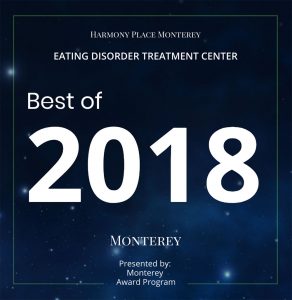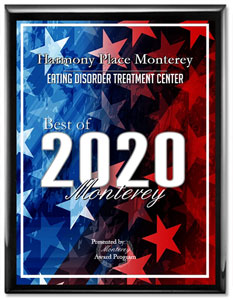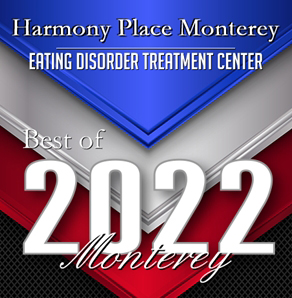Post-traumatic Stress Disorder (PTSD)
PTSD can occur in response to extreme experiences that overwhelm an individual’s coping resources. It’s often a sudden and destructive onslaught that a person cannot process at the time. The nature of such events typically involves a sense of threat to a person’s life or physical integrity. Later a person may experience intrusive thoughts, images, or recollections of the experience. Sleep is often disrupted. The person may avoid circumstances that remind them of what happened, or trigger them to remember.
Depression and anxiety may accompany this disorder, as well as irritability, rage, and guilt. It is not unusual for individuals to actively seek to blunt the intensity of the trauma-related feelings and develop a secondary substance-abuse issue. Without treatment that allows a person to work through and integrate the experience, avoidance tends to grow, increasingly constricting the person’s life. Exposure-based therapies are recommended to allow the person to master the traumatic experience and reduce the associated anxiety, depression, and other debilitating symptoms.

Photo by Syd Sujuaan
Complex Trauma
Complex trauma is a relatively new term that recognizes individuals whose difficult life circumstances have cumulatively created an ongoing or recurring state of feeling overwhelmed. These experiences may cause the individual to be highly self-critical, perfectionistic, self-hating, and to be over or under dependent with others and constantly anxious about personal safety. When there is also a PTSD response to past experiences of violence, as in war-related events or child abuse, the symptoms of anxiety and depression can be compounded.
Therapies that allow for processing and integration of the painful and overwhelming events must include revising one’s sense of self to change self-blame to self-understanding, and hopelessness to meaning. If self-destructive or addictive behaviors have become a way of coping, therapy will focus on creating a longer-term plan to manage symptoms, while allowing the person to take charge of their life and move it in more functional and fulfilling directions.
Confidential Consultation
Contact us for a confidential consultation. We welcome your questions and inquiries. Let us assist you in taking whatever necessary next steps are available to you as well as to your partner, family member, or loved one.





